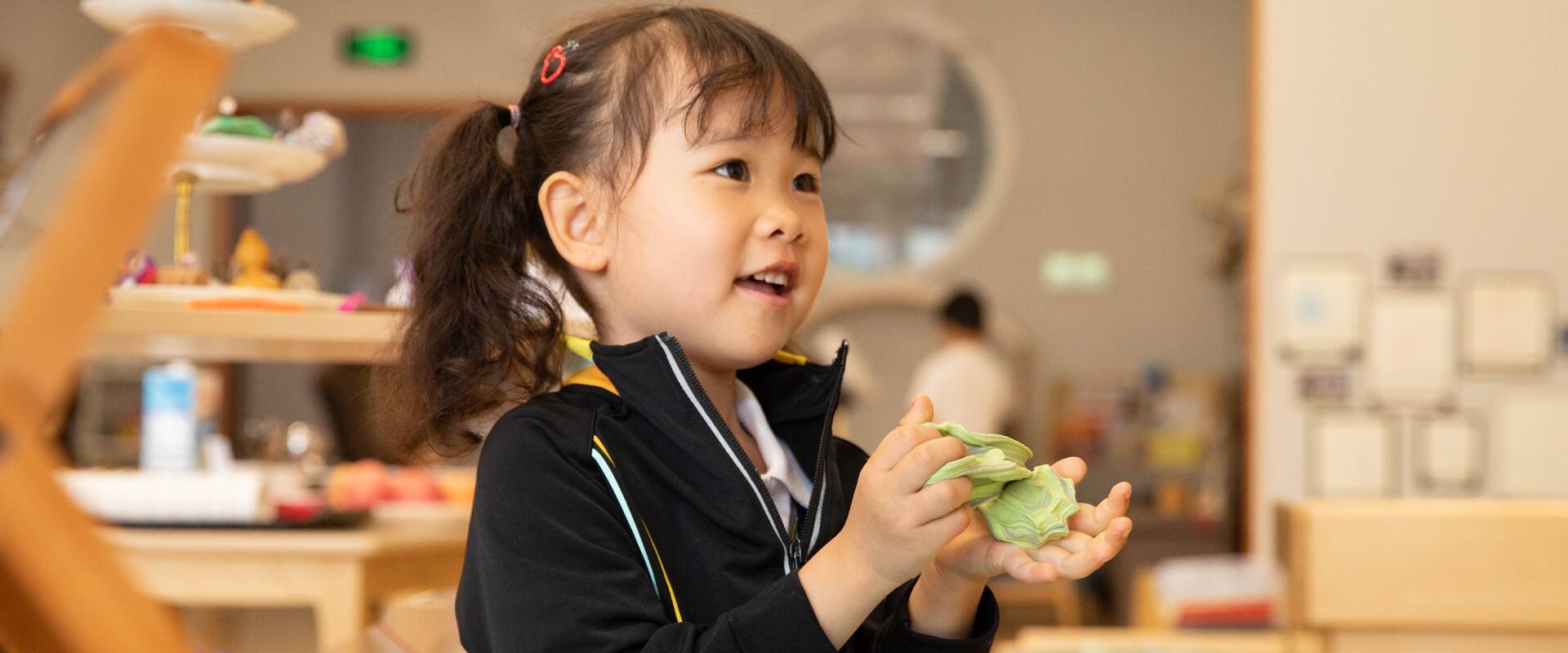
Intelligence and skills can only function at the peak of their capacity when the body is healthy and strong.
—— John F Kennedy
Physical Education is of the utmost importance for children in their early years. Their experiences at this age can shape and build the foundation for an active and healthy future life.
Physical health benefits
As children develop, their muscles are essential to carry out many new skills and activities. These are known as ‘motor skills’ and are necessary for everyday movements and tasks at every age. These skills are divided into gross motor skills (large muscle movements) and fine motor skills (small muscle movements).
Fine motor skills include writing, eating, cutting and picking up small objects, whereas gross motor skills include crawling, walking, running and catching. In addition, physical education helps to improve coordination and strength, which is vital for the development of both fine and gross motor skills in the early years.
The World Health Organisation (WHO) recommends at least one hour of moderate to vigorous physical activity every day for children. Physical education can help to improve a child’s cardiovascular fitness, creating a strong heart and reducing the chance of obesity. Having good cardiovascular fitness has been proven to boost children’s memories and concentration. Many studies have shown that children with higher levels of cardiovascular endurance have higher levels of creativity, an increase in academic performance, and improved complex thinking skills.
Physical education in the Early Years is vital for the physical and mental development of children and their emotional and social development. Therefore, an outstanding physical education curriculum emphasises all four areas (physical, mental, emotional and social).
increases confidence and self-esteem
helps children to build positive relationships and work collaboratively with each other
builds empathy and respect for others
improves children’s ability to listen and become better communicators
enhances decision making, teaching children to analyse and reflect becoming better problem solvers
teaches empathy and resilience, developing moral behaviour and an understanding of fair play

Physical development is a vital component of the Early Years Statutory Framework. At Hiba Academy Hangzhou, our children have specialist PE lessons every week from EY1 through to EY4. Children participate in an age-related, progressive and challenging curriculum supporting their physical development at key age milestones.

EY1:The aim of Physical Education at EY1 is to develop the confidence to try new things and take risks, build strength and coordination for gross and fine motor skills, and begin to learn to solve problems.
EY2: During EY2, Physical Education develops the children’s agility, balance and coordination. We are creating awareness of space, themselves and others, and building a familiarity with a variety of small games equipment.
EY3: At EY3, children continue to build awareness of space, themselves and others. They develop a familiarity with various small games equipment and create a range of sending and receiving skills, performing these with control. They also begin to develop spatial awareness through playing, running, chasing and dodging games.
EY4: Physical education at EY4 is taught through specific activities, including team games, athletics and gymnastics. Skills learnt at EY1-3 are now applied to more detailed activities and sports in competitive situations.